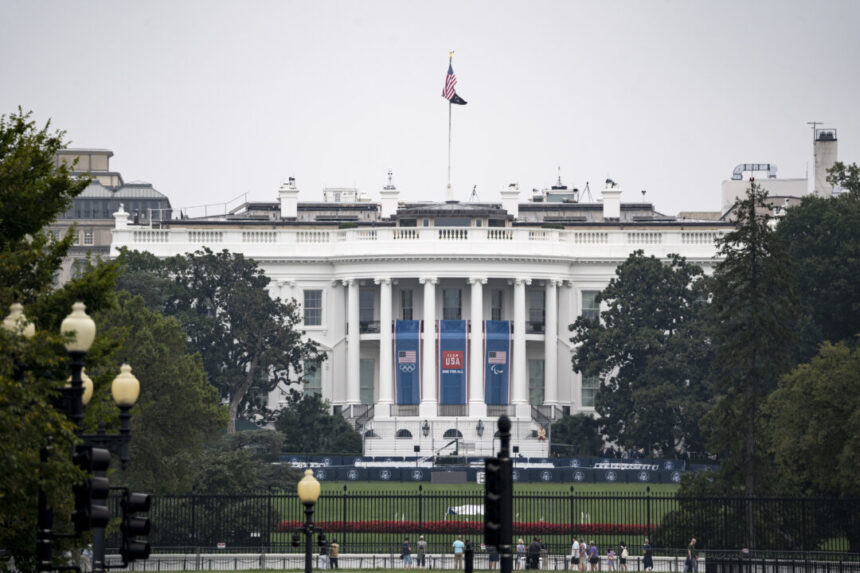Trump and Harris may end up leading rival administrations for weeks under this new mandate.
There are 77 days between the Nov. 5 election and the Jan. 20, 2025, inauguration of the next president, during which time the president-elect will prepare his or her administration to take over from President Joe Biden.
The Electoral Count Reform Act, which goes into effect this year, mandates that five days after the election, the winning candidate’s team (or both candidates if the winner is undetermined) will begin preparing for the White House.
Unless state law designates another authority, governors are appointed as the principal officials responsible for submitting certificates of state presidential electors. The act ensures expedited court review of elector-related matters, allowing Congress to establish a final slate of electors.
The vice president’s role in the electoral vote count is now purely ceremonial under the new act, with no power to influence the count. The act also raises the threshold for congressional objections to one-fifth of each house, reducing the possibility of challenges compared to the previous requirement of a single member from both chambers.
Furthermore, the General Services Administration (GSA) must now allocate funds to both candidates if one does not withdraw within five days of the election. This change impacts the presidential transition process, with funding to the unsuccessful campaign ceasing once results are finalized.
The winning candidate’s initial task is to familiarize themselves with current agency missions, policies, and projects, and begin appointing political positions in the executive branch, from Cabinet secretaries to press assistants.
The new team receives guidance from career leaders and outgoing administration appointees to facilitate the government’s launch, brief on key issues, and address inquiries. A smooth transition has historically relied on resource flow.
Following the 2020 election, delays arose as President Trump contested the election results. Due to Trump’s legal challenges, the transition start was postponed from Nov. 3, 2020, to Nov. 23.
Emily Murphy, then GSA head, cited the 1963 transition law as lacking clarity on determining a winner and initiating funding and collaboration with a Biden administration.
However, the new law mandates federal support and cooperation for both candidates to start a transition, lasting until significant legal challenges potentially affecting electoral outcomes are “substantially resolved” or until electors from each state convene in December to select an Electoral College winner officially.
As per this mandate, Trump and Vice President Harris may find themselves leading competing administrations for an extended period.
During an August 3 committee hearing on the Electoral Count Act, Sen. Joe Manchin (I-W.Va.) emphasized the responsibility to prevent a repeat of the Jan. 6 events at the U.S. Capitol in 2021.
Sen. Susan Collins (R-Maine) highlighted the need for reform following past abuses of the Electoral Count Act, with the Jan. 6 Capitol breach underscoring the urgency for change.
Please rephrase.
Source link








